Sirens were wailing throughout Narazeth when Ngoc Huy learned that in just 2-3 minutes, Hamas rockets would be fired at the city where he was.
On the evening of October 11, while assisting a group of Vietnamese tourists from the Ho Chi Minh City-based Transviet travel company check in at a hotel in Haifa, central Israel, the phone of tour guide Ngoc Huy, 30 years old, vibrated. He turned on his phone and received a notification via the Tzofar app that Hamas was preparing to launch rockets into the city he was standing in. This is the rocket warning app Huy installed when he arrived in Israel, which alerts 2-3 minutes in advance which areas are about to be attacked.
The sirens sounded like ambulance sirens at the same time. The hotel staff quickly led the group to the shelter. This place is the emergency stairwell area in high-rise apartments and hotels. The guests were instructed to stand at the emergency stairwell landing. The landing area has lights, enough space for 20 people to stand and is the safest place in the building.
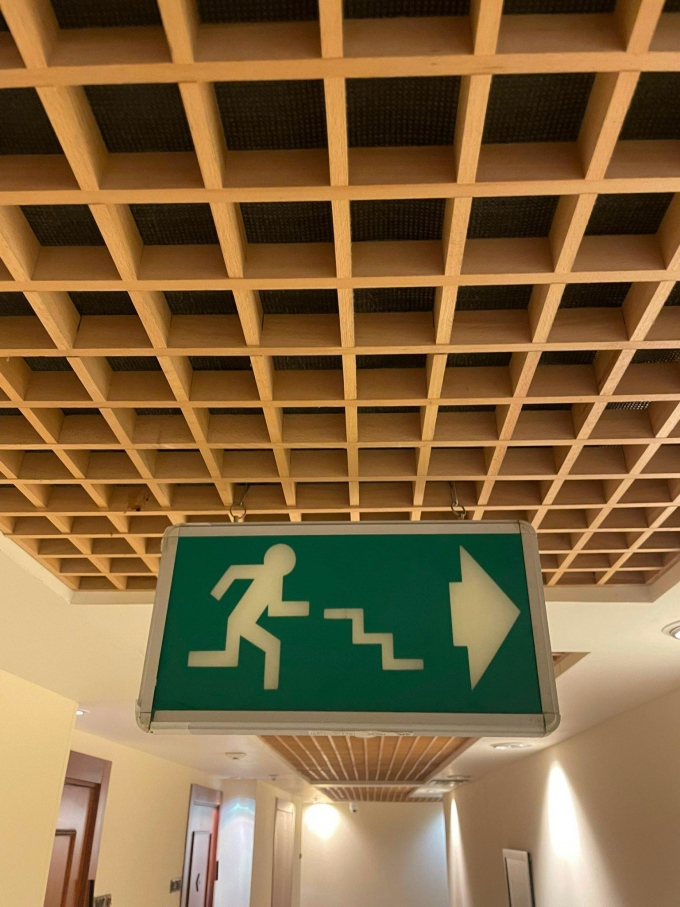
Signs leading to the fire exits, which also serve as rocket shelters at hotels in Israel during sirens. Photo: Ngoc Huy
The difference with the fire escape stairs in Israel is that this place is solidly built, the walls are thicker and located in the middle of the building, instead of at the beginning or end of the corridor. Jameel, the local guide who accompanied Ngoc Huy's group, explained that the stairs were built in the middle of the corridor to help guests get to safety as quickly as possible and that there are shelters on every floor.
Father Vu Van Mai, 50, a priest of the Friars Minor who lives in Loc Phat, Bao Loc, and is a Vietnamese tourist in the group, said everyone was "a little nervous" standing in the shelter. The area was very quiet. No one heard any gunfire outside.
The Vietnamese group stood there for about 5 minutes before being signaled to leave because it was safe. The hotel area and its surroundings were not damaged because Israel has the Iron Dome system (missile interceptor) to stop rockets. The hotel staff updated that 3 rockets had just been fired towards Haifa. They also announced that if they heard a siren while sleeping at night, they should immediately go to the shelter. If they did not receive further notification, the guests only needed to stand there for 5 minutes and then they could leave because it was safe.
Ngoc Huy added that Israeli people are used to war. Around houses, hotels, and companies, there are shelters built so that when the warning siren sounds, people can get to safety within 2-3 minutes.
Father Mai said that Israelis often have the habit of leaving their doors open when they hear the siren so that people who are passing by, regardless of whether they are acquaintances or strangers, can get into the shelter in time. Once they are safe, everyone continues to go back to their daily lives, doing business, going to school, going to work.
That night, the siren did not sound again. Ngoc Huy said that the majority of the Vietnamese tourists were 50 years old or older, and had come to Israel for pilgrimage. The oldest person was 80 years old. Everyone followed instructions, did not push or shove, or panic when they heard the siren.
According to Huy, that was the only time the Vietnamese group had to take shelter. The previous days, they were all in Narazeth, in the northern region, so they were safe. Life went on as usual, hotels and shops were still open. Ngoc Huy observed that the locals did not show any signs of worry or fear. The atmosphere here was even "very peaceful", according to Huy. That also contributed to the Vietnamese group forgetting their worries and quickly integrating, learning and exploring the life, culture and history in this place as well as the Galilee region, where the famous Tonle Sap Lake is located.
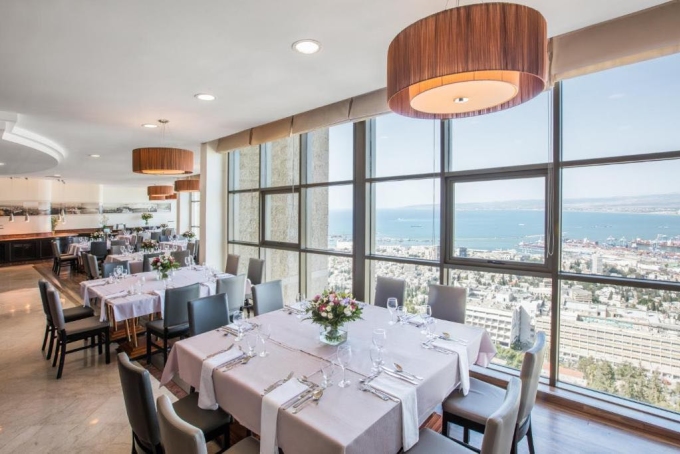
Hotel where Vietnamese tourists stay in Israel. Photo: Ngoc Huy
The Ministry of Tourism and the Vietnamese Embassy in Israel also continuously updated travel agencies and tourists. After more than a week in Israel, the Vietnamese group was only forced to cancel the tour midway and return to the hotel for shelter on October 7, the day Hamas attacked, at the request of the Israeli Ministry of Tourism. In addition to Vietnamese tourists, other international groups continued to visit.
Transviet CEO Pham Da Huong said she "lost sleep and appetite" to ensure the safety of the group of tourists in Israel and bring them back to Vietnam. The group was scheduled to return on October 11, but the airline canceled the flight that day. They had a flight with enough tickets to bring 41 Vietnamese tourists back to Ho Chi Minh City on October 15.
Vietnamese tourists arrive at the Jordan River. Video : Ngoc Huy
Therefore, Ms. Huong's company urgently applied for Jordanian visas for stranded guests and asked the Vietnamese Embassy in Israel for further support. By October 12, the group had received Jordanian visas. Instead of flying from Tel Aviv, the Vietnamese group traveled by road to the Jordanian border and then flew from Queen Alia Airport to Ho Chi Minh City on October 13 and 14. Because of the urgent booking due to the war situation, the group had to split into two flights. The first group of 27 guests flew on October 13. The second group of 14 guests flew on October 14.
The war broke out unexpectedly, so the company spent nearly 1.5 billion VND more to bring the Vietnamese group back home. Luckily, everyone was safe, said a Transviet representative.
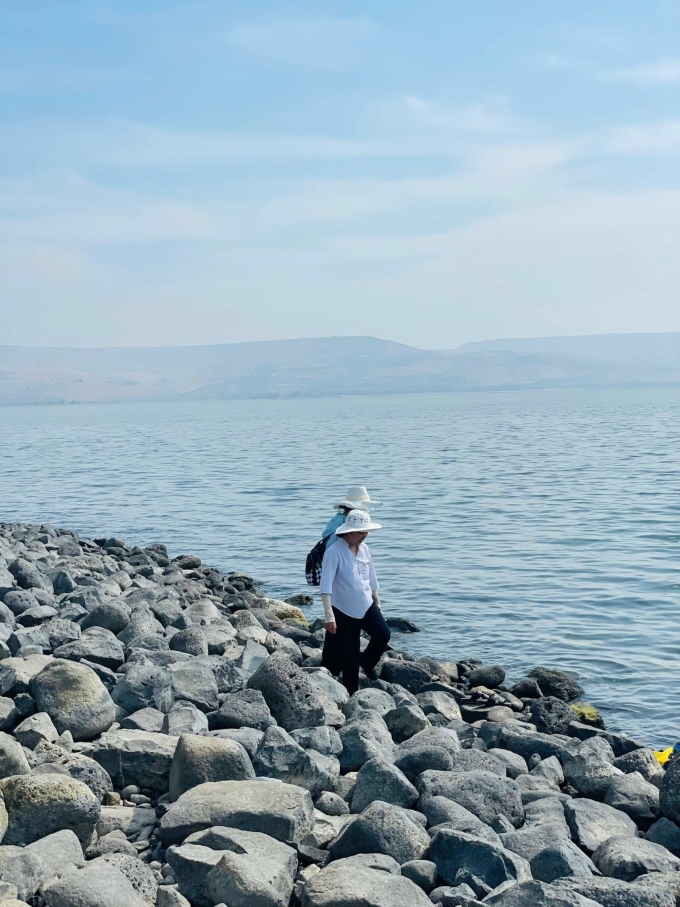
Vietnamese tourists stroll along the shore of the Sea of Galilee. Photo: Ngoc Huy
Father Vu Van Mai said that this trip left many impressions. Besides visiting the Holy Land associated with the relics of Jesus, he also met many people and understood more about the lives of the Israeli people. "I deeply sympathize with the situation of the people here and wish them a better life. If I have the opportunity, I still want to come back here," Mr. Mai said.
Phuong Anh
Source link


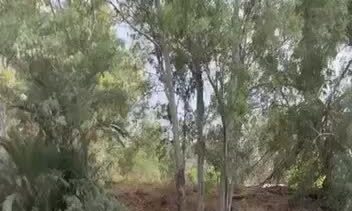



![[Photo] Prime Minister Pham Minh Chinh receives President of Cuba's Latin American News Agency](/_next/image?url=https%3A%2F%2Fvphoto.vietnam.vn%2Fthumb%2F1200x675%2Fvietnam%2Fresource%2FIMAGE%2F2025%2F12%2F01%2F1764569497815_dsc-2890-jpg.webp&w=3840&q=75)

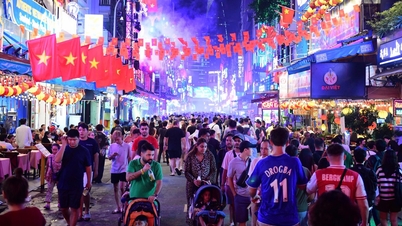




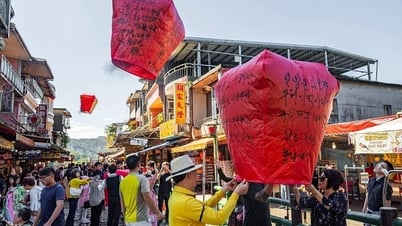


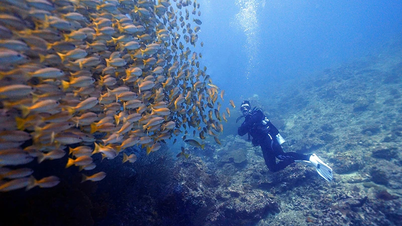



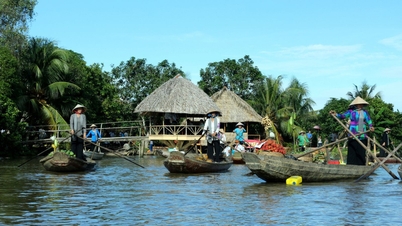

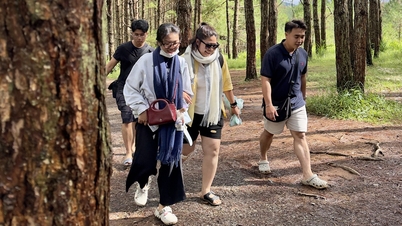
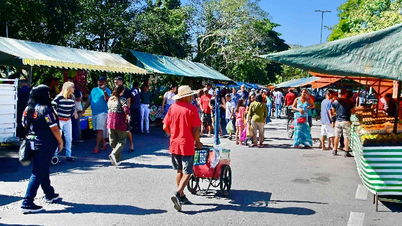
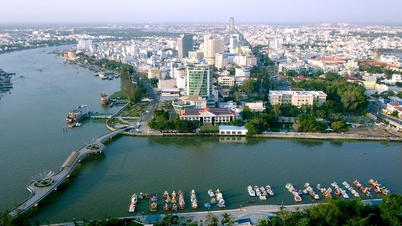













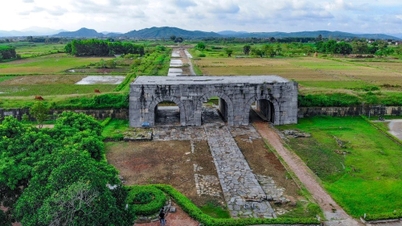



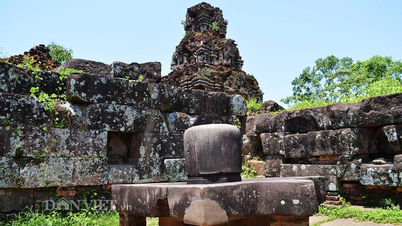

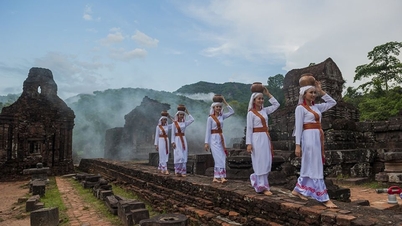

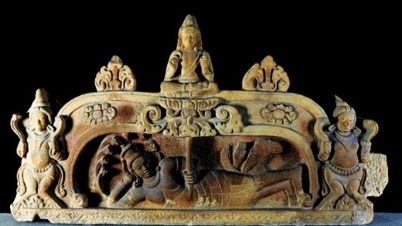

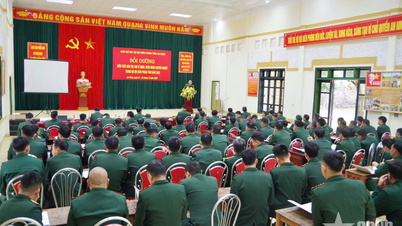


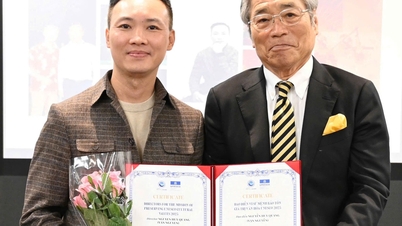








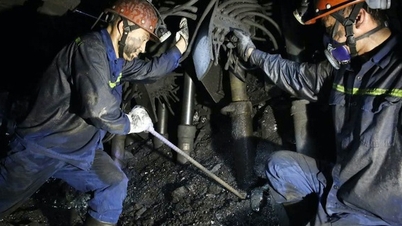










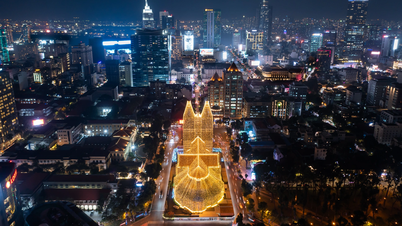






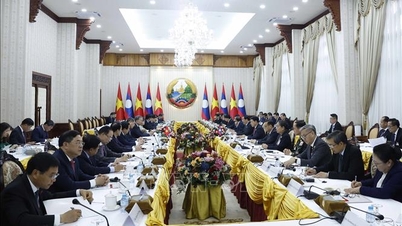



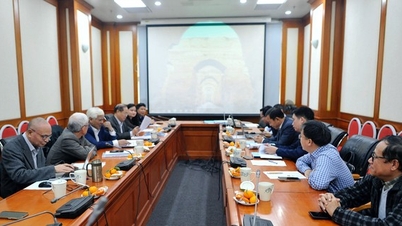
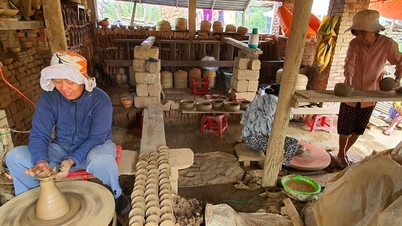


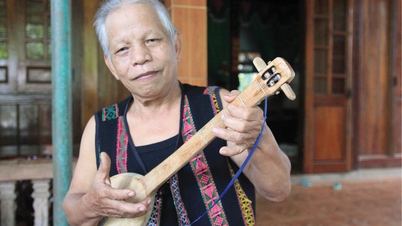

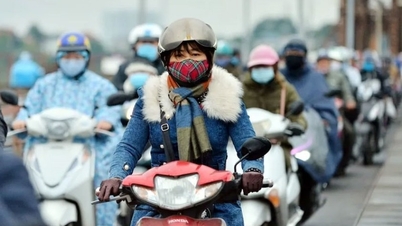





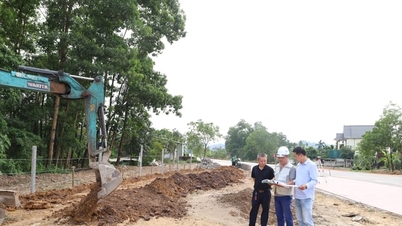














Comment (0)